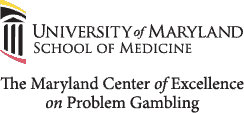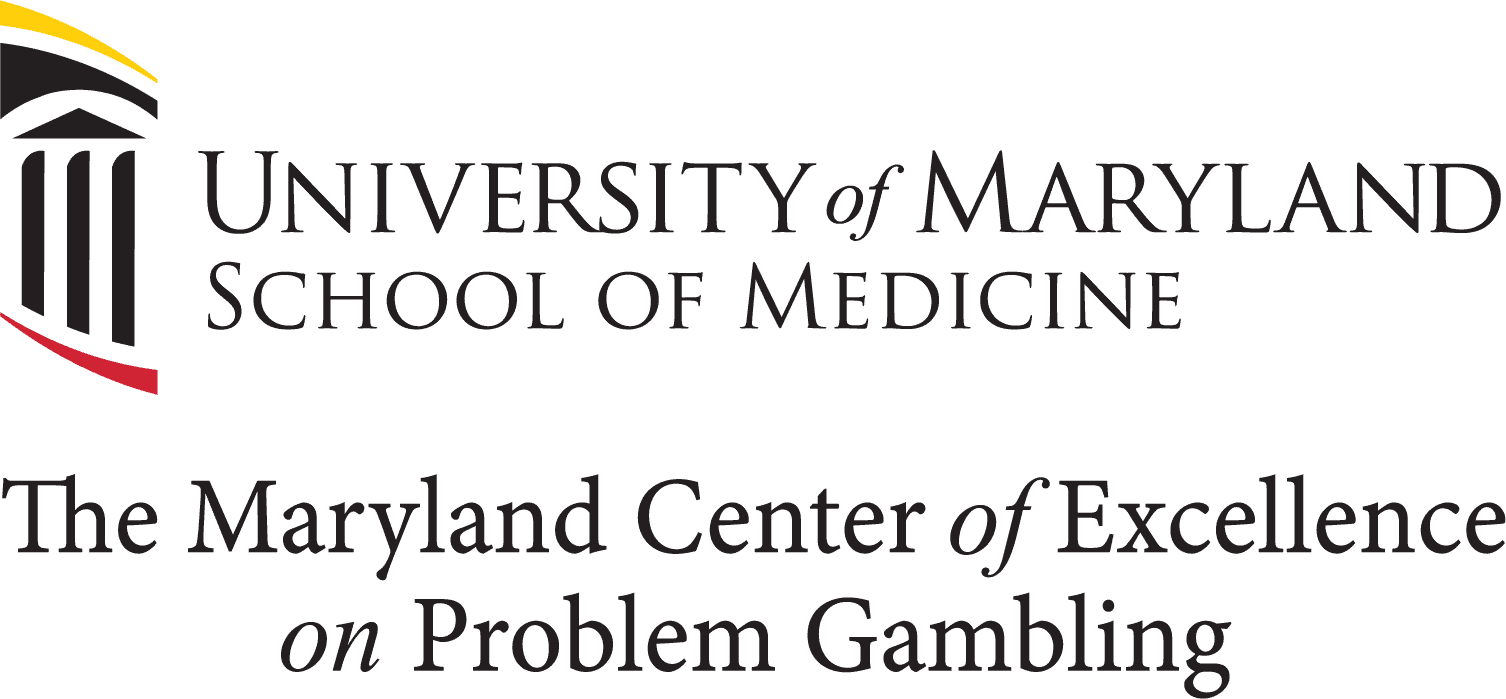Registration is Closed. Program is at capacity.
[su_spacer]
Clinical Best Practices in Gambling Disorder Treatment: Integrating Research and Clinical Practice
When we hear the term “evidence based” practices, most of the time we assume that the evidence being discussed is research based evidence, with the “gold standard” being randomized, controlled studies. While this type of evidence is extremely important, we often neglect to consider evidence based on clinical experience and realities. This workshop will explore how research based evidence can best inform “real world” clinical practice and provide best practice standards, using case examples. Additionally, how other areas of research such as neurobiology of gambling disorder should inform best clinical practices will be discussed.
Date and Location
Friday, March 8, 2019
8:30 AM to 4:00 PM
Westin BWI Hotel
1110 Old Elkridge Landing Road
Linthicum, MD 21090
(443) 577-2300
Goals/Objectives
* Participants will be able to describe at least three (3) evidence based approaches (i.e., Motivational Interviewing, CBT, Imaginal Desensitization, Harm Reduction, Mindfulness Based- Relapse Prevention) to treatment of gambling disorder supported by research studies
* Participants will be able to identify best practices for addressing finances and family issues with gambling disordered clients.
* Participants will be able to describe how each of these approaches can be applied to specific case examples
* Participants will be able to identify therapeutic relationship best practices such as development of empathy, collaboration and positive regard
References:
* Blaszcznski, A (1998). Overcoming compulsive gambling: A self-help guide using cognitive behavioral techniques. London: Robinsons.
* Dowling, NA (2014) The cognitive –behavioral treatment of female problem gambling. In D.C.S. Richard, A Blaszczynski & L Nower (Eds), The Wiley-Blackwell Handbook of Disordered Gambling. (pp. 165-203). West Sussex, UK: John Wiley & Sons Ltd.
* Hodgins DC, Currie SR, Currie G, Fick GH. Randomized trial of brief motivational treatments for pathological gamblers: More is not necessarily better. J Consult Clin Psychol 2009;77:950-960.
Facilitator: Anthony S. Parente, MA, LCPC, NCC, MAC, ICGC II
Training Overview
* This program runs 8:30 AM – 4:00 PM. Registration opens at 7:30 AM.
* There is no charge to attend this training.
* Continental breakfast will be provided.
* Lunch Is Not Provided. Please feel free to bring your lunch. In addition, there are options for lunch within the hotel and conveniently located in the area.
* Detailed training location logistics will be included in the registration confirmation.
* Parking is available free of charge at this facility.
* Certificate of Attendance for six (6) CEUs will be awarded at the end of the training.
Agenda Overview
8:30-9:00 Introductions and Overview
9:00-10:00 Defining best practices: Evidence Based Treatment or Evidence Based Therapists
10:00-10:15 Break (15 minutes)
10:15-11:30 Motivational Interviewing and Problem Gambling
11:30-12:30 Lunch (60 minutes)
12:30-2:00 Behavioral and Cognitive Behavioral Strategies
2:00-2:15 Break (15 minutes)
2:15-3:15 Finances, Family and Harm Reduction
3:15-3:45 Mindfulness Based Strategies, Compassion and Self-Compassion
3:45-4:00 Review, Q&A
Continuing Education
Six (6) CEU’s will be awarded at the end of the program for participants who attend beginning at 8:30 AM, through the completion of the program (4:00 PM or at discretion of presenter).
Attendees who arrive late (after 8:30 AM) or leave early (before 4:00 PM) will be emailed the adjusted Certificate of Attendance within five (5) business days post-program.
The University of Maryland School of Medicine is an approved Sponsor for the continuing education credit of the Maryland Board of Examiners for licensed Psychologists, Social Workers, Professional Counselors and Therapists, and Alcohol and Drug Counselors in Maryland.
Registration
Registration is Closed. Program is at capacity.
Cancellations
If you find your schedule changes and you cannot attend this training, please cancel your registration 48 hours in advance through the registration system as directed, or contact Donna Gaspar (dgaspar@som.umaryland.edu, 667-214-2120).
Although this program is offered free of charge, there are costs associated with facility rental, materials and staffing. Participants that register and hold a seat, but do not attend and did not cancel 48 hours prior to start time of program may be subject to wait list status for future training opportunities.
Contact
If you have any questions, please contact Donna Gaspar at 667-214-2120 or dgaspar@som.umaryland.edu




